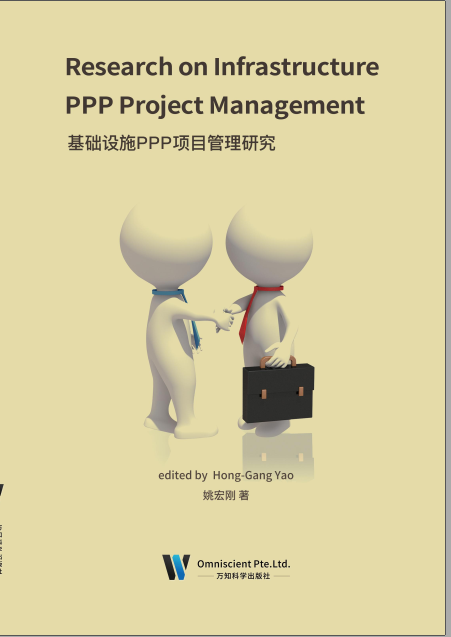
Preface
Since the beginning of the 21st century, in order to promote the sustainable and healthy development of economy and accelerate the process of socialist modernization, China has clearly put forward the urbanization strategy, and the speed of urbanization has been accelerating. The corresponding infrastructure construction, such as urban indemnificatory residential engineering, transportation facilities, urban water supply, gas supply and heating facilities has also developed. However, at present, the funds in China’s financial budget are far from meeting the needs of infrastructure construction. At the same time, the private surplus funds have expanded unprecedentedly and maintained stable development. How to make better use of these non-governmental capital and let it participate in the infrastructure construction of our country has become a realistic problem in front of us. The development of public private partnership (PPP) provides a way to solve this problem.
After the 18th National Congress of the Communist Party of China, the country has strengthened the Reform and Opening up. From the first mention of PPP mode at the Third Plenary Session of the 18th CPC Central Committee to the introduction of relevant policies by the National Development and Reform Commission and the Ministry of Finance, PPP mode has been gradually popularized in China and relevant policies have been gradually improved. PPP model not only uses idle social funds to relieve the pressure of financial budget funds, but also enables the government and the private sector to establish a cooperative relationship in the field of infrastructure construction, develop strengths and avoid weaknesses, and complement each others’ advantages, so as to better play their respective roles and advantages, reasonably allocate resources, put an end to resource abuse, optimize the allocation of resources, improve the use efficiency of resources, meet the public demand, improve the social governance function, and ensure the quality of infrastructure and public products.
前 言
进入 21 世纪以来, 为促进经济的持续健康发展, 加快社会主义现代化建设进程,我国明确提出城镇化战略,城镇化速度不断加快,相应的城市保障性居住工程、运输设施、城市供水供气供暖设施等基础设施建设也随之发展。但是,当前我国财政预算内的资金远远无法满足基础设施建设的需要,与此同时,民间剩余资金却空前膨胀,且保持了稳定发展。如何更好地利用这些民间资本,让其参与到我国基础设施建设中,成为摆在我们面前的现实问题。政府和社会资本合作模式(Public Private Partnership,简称 PPP 模式)的发展为解决这一问题提供了思路。
党的第十八次全国代表大会以后,国家加大了改革开放的力度。从党的十八届三中全会首次提到 PPP 模式,到国家发改委、财政部等陆续出台相关政策, PPP 模式在国内逐渐得到了普及,相关政策也得到了逐步完善。 PPP 模式不仅利用社会闲置资金缓解了财政预算资金压力,而且使得政府部门和私营部门在基础设施建设领域建立起合作关系,扬长避短,优势互补,从而更好地发挥了他们各自的作用以及各自的优势,合理调配资源,杜绝资源滥用,优化了资源的配置,提高了资源的使用效率,满足了公共需求,完善了社会治理功能,保障了基础设施和公共产品质量。

Hong-Gang Yao, male, the Han nationality, bachelor’s degree, master’s degree in engineering, senior engineer, first class registered constructor of architecture and municipal utilities, registered supervision engineer, registered consulting engineer, born in Luoyang City, Henan Province in May 1972. His major is industrial and civil construction. At present, he is the deputy chief manager in Luoyang Municipal Construction Group Co., Ltd. He has won honorary titles of Excellent Project Manager of key projects’ construction, New Long March Commando of Luoyang City, Excellent Youth of Luoyang City, etc. And many projects he presided over have won the golden cup award, Zhongzhou cup, high quality project award and other awards of Henan municipal engineering. He participated in the compilation of national specifications for municipal public engineering and won many national patents.
姚宏刚,男,汉族, 1972 年 5 月生,河南省洛阳市人。本科学历,工民建专业,工程硕士学位,高级工程师,建筑和市政公用专业一级注册建造师、注册监理工程师、注册咨询工程师。现就职于洛阳市政建设集团有限公司,任副总经理。曾获得重点项目建设优秀项目经理、洛阳市新长征突击手、洛阳市优秀青年等荣誉称号,主持的多项工程获得河南省市政工程金杯奖、中州杯、优质工程奖等奖项,参与编写市政公用工程专业国家规范,获得多项国家专利。